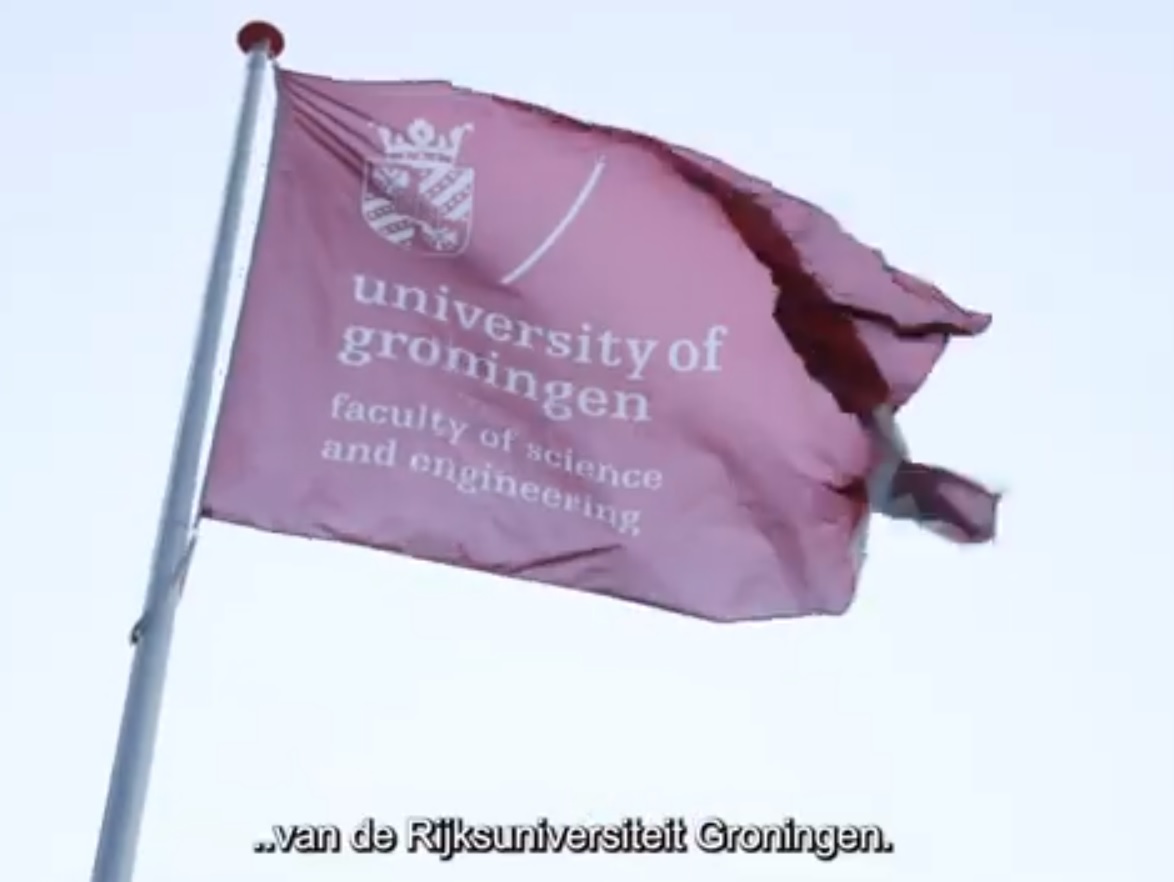European award for education project coordinated by Science LinX
The Erasmus+ project SUSTAIN, which engages secondary school pupils in research on sustainable landscapes, has been awarded a European Innovative Teaching Award 2022. Eleven partners from three countries (the Netherlands, Spain, and Cyprus) and the European Science Engagement Association have developed teaching modules on biodiversity, water management, and bird migration. These modules are freely available to schools. Project leader Maaike de Heij from ScienceLinX, Faculty of Science and Engineering, will receive the award in Brussels on 25 October: ‘Our modules give pupils knowledge that they can use in the future, when their generation has to decide on the conservation of landscapes.’
The European Innovative Teaching Award was established by the European Commission in 2021, to highlight and reward the work of teachers and schools, to showcase innovative teaching practices, and to highlight the value of the Erasmus+ programme to European teacher collaboration and the establishment of the European Education Area. The theme for the 2022 awards was ‘Learning together, promoting creativity and sustainability’.
This ties in well with the SUSTAIN project, which aims to help young people to become active and independent European citizens who think critically and know how to actively solve problems that are relevant to society–such as climate adaptation–and that impact their local community now and may impact it in the future. The three teaching modules in SUSTAIN are each based on regional problems in the Netherlands (biodiversity and food web structure in agricultural landscapes), Cyprus (illegal trapping and consumption of migratory songbirds), and Spain (management of falling water levels in a lake in Albufera, near Valencia).
A ll teaching modules have been created in a way that makes them relevant in broader contexts and connects learning in the classroom with fieldwork. Pupils are encouraged to interview stakeholders, such as scientists, conservationists, local politicians, and users of the landscape, for example farmers and fishermen. The pupils gain research skills by comparing undisturbed and cultivated land. They are also required to present their conclusions to a public of fellow pupils, parents, and stakeholders.
De Heij: ‘This project was based on the work by Theunis Piersma, Professor of Global Flyway Ecology at the University of Groningen. His research on the causes of the worrying decline in migratory birds in the province of Friesland inspired the Dutch module.’ People use landscapes for their homes, their work, or for recreation, but also to grow their food and to produce other necessities. The central question in all modules is how citizens in our modern communities can use the landscape in which they live without destroying its biodiversity.
Any decisions that we take about the use of landscapes will have an effect on the next generation. That is why SUSTAIN was created for pupils aged 14-16. ‘It is important to include young people in discussions on sustainable landscapes,’ says De Heij. All modules were tested in schools and evaluated. An impact evaluation—using questionnaires before and after the running of the modules—showed that the modules had a positive impact. Pupils evaluated the modules positively with regard to the impact on STEM attitude, critical thinking, self-efficacy, and awareness of local environmental issues. All participating teachers also rated the modules positively.
On behalf of the SUSTAIN consortium, Maaike de Heij will receive the European Innovative Teaching Award for secondary schools from the European Commission in Brussels on 25 October. In this second edition of the Award, a total of 98 projects receive the European Innovative Teaching Award. All teaching modules that have been created by SUSTAIN are available in English, Spanish, Dutch, and Cypriot via the Sustainable Landscapes website .

More news
-
10 February 2026
Why only a small number of planets are suitable for life
-
09 February 2026
Can we make the earth spin in the opposite direction?
